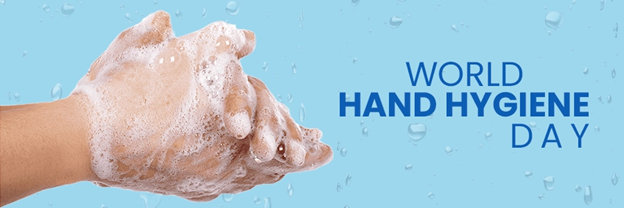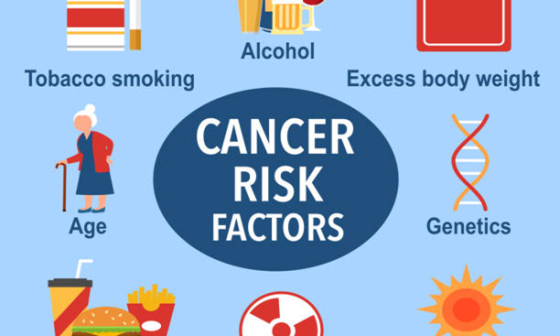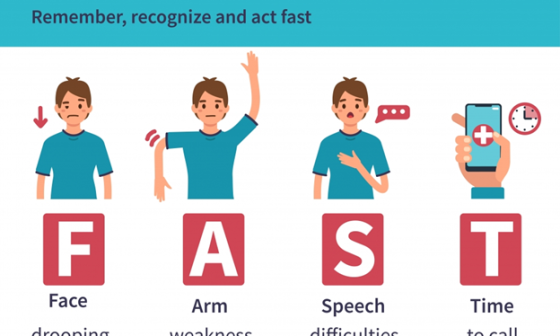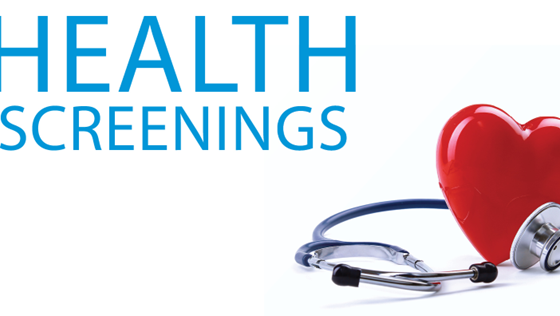Globally, on May 5th every year, the world joins the World Health Organization (WHO) to celebrate a global health prevention campaign called “World Hand Hygiene Day”. This campaign is geared towards raising awareness about the importance of handwashing in preventing the spread of infections. This year’s theme, “Promoting knowledge and capacity building on hand hygiene,” focuses on the role education and knowledge dissemination play in the prevention and control of infection and diseases.
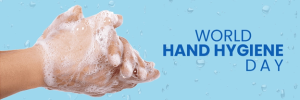
Source: Medicover Hospitals
Hand hygiene promotion in healthcare settings or encouraging frequent handwashing in communities remains essential in infection prevention and control. Information about hand hygiene is only accessible through education and knowledge dissemination. This article by Wellahealth aims to act as a resource in empowering individuals and African communities to lead healthier lives.
History of Hand Hygiene
A seemingly simple act like handwashing has a surprisingly long and fascinating history.
- Ancient Civilizations and the Importance of Cleanliness: Even in ancient civilizations, people recognized the importance of cleanliness. The Egyptians, Babylonians, and Indians all had rituals and practices that emphasized washing hands before meals and religious ceremonies. Washing hands often held religious or cultural significance, symbolizing purification and respect. The washing practices themselves varied, with water, sand, and even ashes being used.
- The Dawn of Modern Medicine and the Germ Theory Revolution: In the mid-19th century, Hungarian physician Ignaz Semmelweis revolutionized medicine. He observed significantly lower death rates from childbirth fever in the ward staffed by midwives who washed their hands compared to the ward staffed by doctors who didn’t. This led him to propose that unseen particles transmitted by hands were causing the illness.
- In the 20th century and recent times: There has been a rise in public health campaigns promoting handwashing to prevent the spread of diseases. Educational materials and posters emphasized proper handwashing techniques. These centuries have also seen the invention of modern soap and the development of hand sanitisers, which further impact hand hygiene practices. Public health education campaigns like Hand Hygiene Day remain crucial in promoting hand hygiene across the globe.
Proper Hand Hygiene Technique: When and How
Proper beneficial hand hygiene practices require more than just soap and water. Understanding the “when” and “how” of handwashing is essential for maximizing its effectiveness.
- Understanding When to Wash: People often underestimate how frequently they come into contact with germs. Knowing to wash hands after using the toilet, blowing your nose, before and after preparing food, after touching animals, and before eating can significantly reduce germ transmission.
- Understanding Proper Technique- the How: More than simply wetting your hands is needed. Following the WHO’s recommended handwashing steps, including scrubbing for at least 20 seconds and reaching all surfaces of the hands, ensures thorough cleaning. Additionally, for healthcare workers, there are guidelines to aid technique with the “5 moments of handwashing by WHO”.
Here’s how to wash your hands effectively:
- wet your hands with clean, running water,
- apply enough soap to create a lather,
- rub your hands together thoroughly, ensuring you clean between your fingers, under your nails, and the backs of your hands,
- scrub for at least 20 seconds, about the time it takes to hum the “Happy Birthday” song twice,
- rinse your hands thoroughly under clean, running water,
- dry your hands completely with a clean towel or hand dryer.
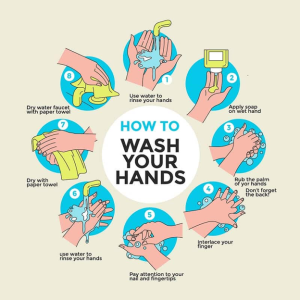
source: RN speak
What can we do to build capacity for change?
Knowledge alone won’t create lasting changes in our communities; we must create an environment that facilitates and encourages handwashing. To ensure that knowledge gained on the why, when, and how of proper hand hygiene isn’t lost, individuals, organizations, and communities must come together to build infrastructure to enshrine the education and knowledge passed to members of their communities and the world.
We must provide handwashing facilities, including water, soap, hand dryers, sanitisers, and alcohol, in personal and public spaces. Additionally, there should be public awareness campaigns, and educational and workplace programs geared towards promoting behaviour change that will help shift social norms and make hand hygiene a natural habit.
Community leaders and healthcare workers’ empowerment must become the priority, as community healthcare workers can become agents of change in rural communities all over Africa.
Benefits of Hand Hygiene Promotion
By promoting knowledge and building capacity for hand hygiene, we unlock a cascade of benefits.
- Reduced Disease Burden: Proper handwashing practices in homes and daily lives significantly reduce the spread of diarrheal diseases, respiratory infections, and foodborne illnesses, leading to healthier communities and improved quality of life.
- Improved Healthcare Outcomes: In healthcare settings, effective hand hygiene among healthcare workers and patients helps prevent hospital-acquired infections, saving lives and reducing healthcare costs.
- Empowering Individuals: Knowledge and access to handwashing facilities empower individuals to take control of their health and protect themselves and their families from preventable diseases.
In conclusion, Wellahealth advises all Africans and leaders to work together by prioritizing knowledge and capacity building in the prevention & control of diseases.
By making handwashing accessible and practised by all, a healthier and more secure future will be attained.
For more educational tips, health tips, and health consultations contact WellaHealth Africa on WhatsApp today.
Dr. Ifeoma Uduh
